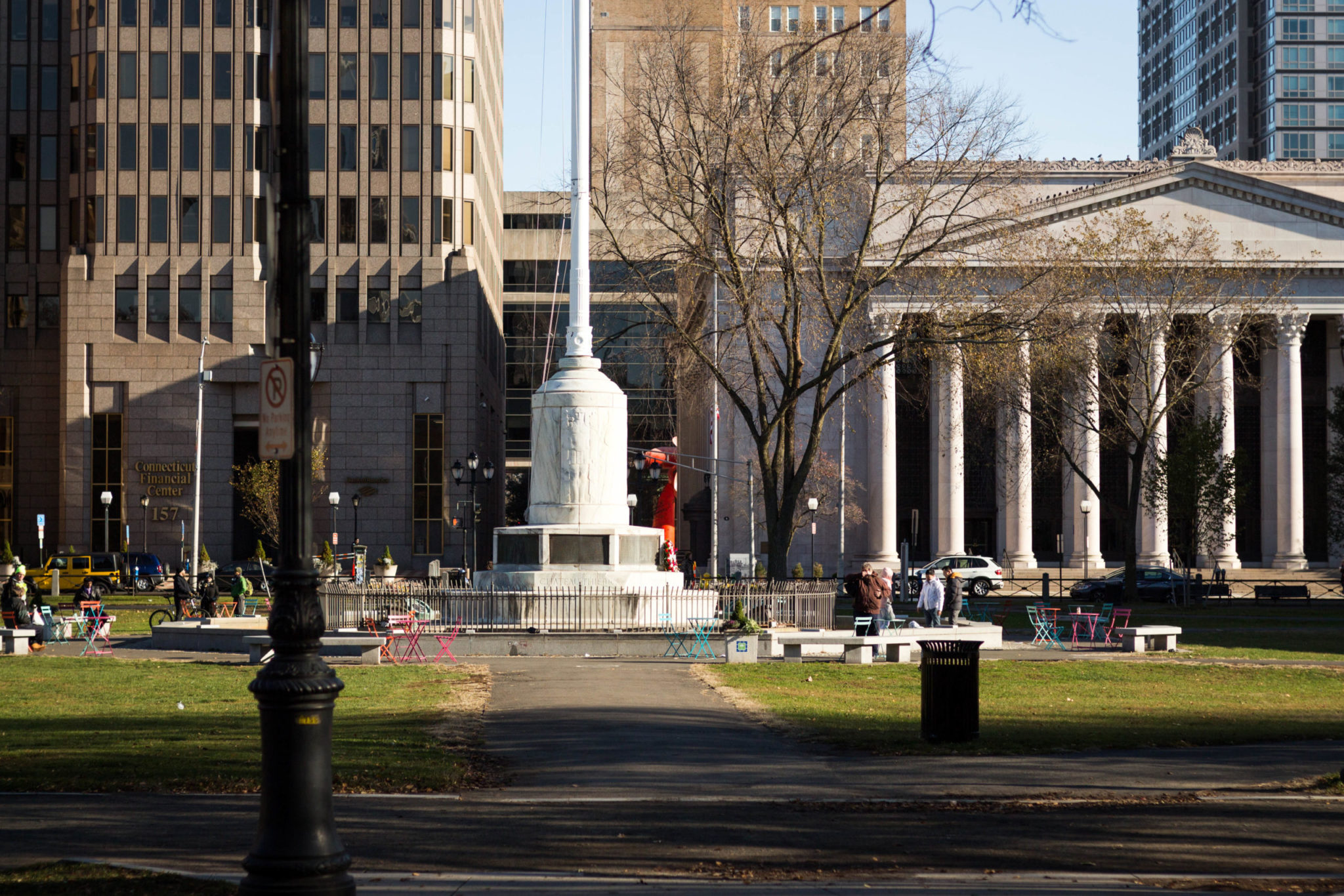
Daniel Zhao
Citing threats to public health amid an ongoing pandemic, Connecticut and two other states asked the U.S. Supreme Court on Monday to halt implementation of a rule that allows the federal government to deny green cards and visas to noncitizens it deems likely to access public assistance programs.
The rule — known as the “public charge” rule — allows the government to disqualify immigrants likely to rely on services like Medicaid, the Supplemental Nutrition Assistance Program and Section 8 housing from obtaining legal residency. In 2019, the Department of Homeland Security under the Trump administration expanded the definition of a public charge to include anyone receiving public benefits for 12 months out of three years. The rule is a threat to public health, the states argue, because it is preventing noncitizens fearful about their immigration status from seeking health care and other essential services during a pandemic.
“This harm is not theoretical,” said Connecticut Attorney General William Tong in a press release Monday. “We are hearing from doctors in Connecticut whose patients are afraid to seek COVID-19 care and lifesaving public assistance benefits due to fears of what the public charge rule will mean for their immigration status. We cannot afford to divide and discriminate during a public health crisis.”
In a motion filed against the Department of Homeland Security on Monday, the attorneys general of New York, Vermont and Connecticut argue that the public charge rule is a threat to broader efforts to contain the virus. The three states are asking for the Supreme Court to temporarily lift its decision allowing the rule to move forward until the national state of emergency is lifted.
According to the press release, 200,000 Connecticut residents are in danger of losing access to public assistance programs because of the rule. It comes at a time when undocumented immigrants in particular are ineligble for the federal government’s $1,200 stimulus checks.
“The Public Charge Rule is hindering those efforts by deterring immigrants from accessing healthcare and public benefits that are essential tools for protecting the public at large by limiting the spread and severity of COVID-19 and promoting our nation’s recovery from the economic crisis that the disease has caused,” the filing reads. It notes that the pandemic is a new circumstance that the court could not have taken into account when it made its original decision in February.
At the time, the Supreme Court ruled 5-4 to allow the Trump administration to enforce the rule during ongoing litigation. And in early March, a coalition of 17 attorneys general and other state and local officials first called on the Trump administration to delay the rule while the coronavirus response was ongoing. According to Tong’s press release, this letter and a second letter released a few weeks later both went unanswered.
In an email to the News, a U.S. Citizenship and Immigration Services spokesperson said that the agency does not comment on pending litigation.
Talia Soglin | talia.soglin@yale.edu







